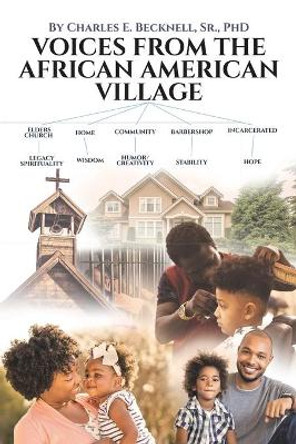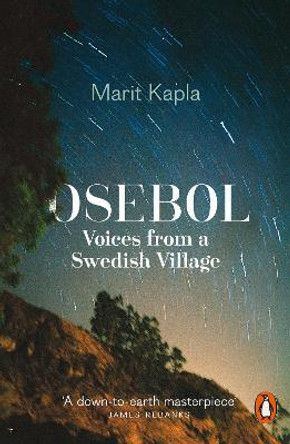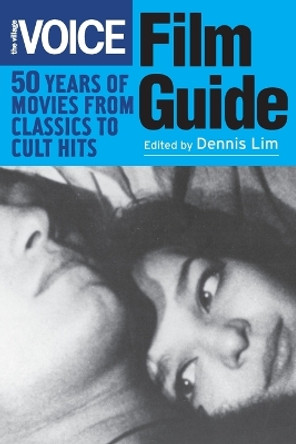Description
A unique ethnographic record of Afghanistan during a time of peace and the only account of rural Afghanistan told in Afghan voices
About the Author
Richard Tapper is Professor Emeritus at SOAS, University of London. He is a social anthropologist who has conducted ethnographic field research in Iran, Afghanistan and Turkey. His publications include the monographs Pasture and Politics: Economics, Conflict, and Ritual among Shahsevan Nomads of Northwestern Iran, as well as Frontier Nomads of Iran: A Political and Social History of the Shahsevan and Islam and Democracy in Iran: Eshkevari and the Quest for Reform. He is also well-known for the books Nomadic Peoples of Iran, The New Iranian Cinema and A Taste of Thyme. Nancy Lindisfarne-Tapper taught social anthropology at SOAS, University of London for many years. She has carried out fieldwork in Iran, Afghanistan, Turkey, Syria, Wales and the USA. Her books include Bartered Brides: Politics, Gender and Marriage in an Afghan Tribal Society, Dancing in Damascus, The Roots of Sexual Violence, and the edited Dislocating Masculinity: Comparative Ethnographies, and Masculinities under Neoliberalism.
Reviews
This is therefore a considerable collection, both in terms of quality and quantity, representing an enormous amount of work, first of transcribing the contents of the magnetic tapes, then of translating the transcribed texts from Pashtu into English ... The resident originality and interest of the work of Tappe: delivering the speech lived in Piruzai on themselves, it offers an attractive the illustration of the sometimes called the perspective emic (indigenous) distinguishing it from the perspective etic (one of the researchers, anthropologists , sociologists, historians, etc). Through a richness and authenticity of the information, Afghan Village Voices could possibly encourage some researchers to attempt an etic approach without having to endure the discomforts of the ethnographic field! * Studia Iranica *
A rich portrayal of a people who, fifty years ago, vividly described their own lives and the world around them in Afghanistan from deeply personal perspectives. It brilliantly recovers a time, now seeming long past, when war was unknown and local conflicts were believed to arise only from disputes over zar, zan and zamin (money, women and land). -- Thomas J. Barfield, Professor of Anthropology, Boston University, USA
What makes anthropology is its tradition of ethnographic reporting: we go out and listen to people so as to understand their world and their problems and then report on what we have heard/learned with as little editorial correction as possible. This is a superb book in the finest tradition of ethnography. The authors have collected much detail on the ways of life and ways of thinking that made the life of the Piruzai meaningful and functioning. It retains much of the flavor of the language, the turns of phrase, and the categories of significance that are meaningful to them. To do this well, as they have, takes much care in listening, in transcribing, and in producing an ethnographic report that is faithful to one's sources. This is an exemplary work, of the highest standard of anthropological reporting. -- Robert L. Canfield, Professor Emeritus of Sociocultural Anthropology, Washington University in St Louis, USA
The book is absolutely fascinating and hooked my attention from the start. It will introduce contemporary readers to an Afghanistan that, sadly, no longer exists, and it will bring about both deeper understanding and respect for Afghans as humorous, passionate, pragmatic and wise people - as fully human rather than as "Taliban fighters", religious extremists, or voiceless women. -- Trevor H J Marchand, Emeritus Professor, SOAS, University of London, UK
Fifty years ago, around firesides and cups of tea, women and men in this close-knit Afghan community gained a taste for recording their stories. It was a way of setting the record straight, and being heard. Their experiences of love, loss, deceit, revenge, peace-making, scandal, kindness and joy are told with equanimity and humour. This is fieldwork at its finest - intimate, and beautifully contextualised. -- Veronica Doubleday, author of "Three Women of Herat"
Combining history, ethnography and oral narrative this book takes the reader on a thrilling journey of discovery of the land, people and politics of Afghanistan. It offers a treasure trove of materials on the daily practices of the Piruzai community in the 1970s from rural livelihoods and tribal politics to the micro-politics of marriage alliances. This combination of meticulous scholarship and readable narrative prose makes it essential reading for anyone with an interest in contemporary Afghanistan and the transformation of tribal societies more generally. -- Deniz Kandiyoti, Emeritus Professor of Development Studies, School of Oriental and African Studies, University of London, UK
Richard Tapper and Nancy Lindisfarne-Tapper's tremendous work has a unique character and is perhaps one of its kind focusing on ethnography of the Afghan villages and the place of women in the village politics. It is highly recommended for anyone aiming to better understand the depth of the socio-cultural characteristics and political economy of rural Afghanistan. A must-read. -- Orzala Nemat, Director of Afghanistan Research & Evaluation Unit (AREU), Afghanistan
Book Information
ISBN 9780755600861
Author Richard Tapper
Format Paperback
Page Count 528
Imprint I.B. Tauris
Publisher Bloomsbury Publishing PLC
Weight(grams) 794g









